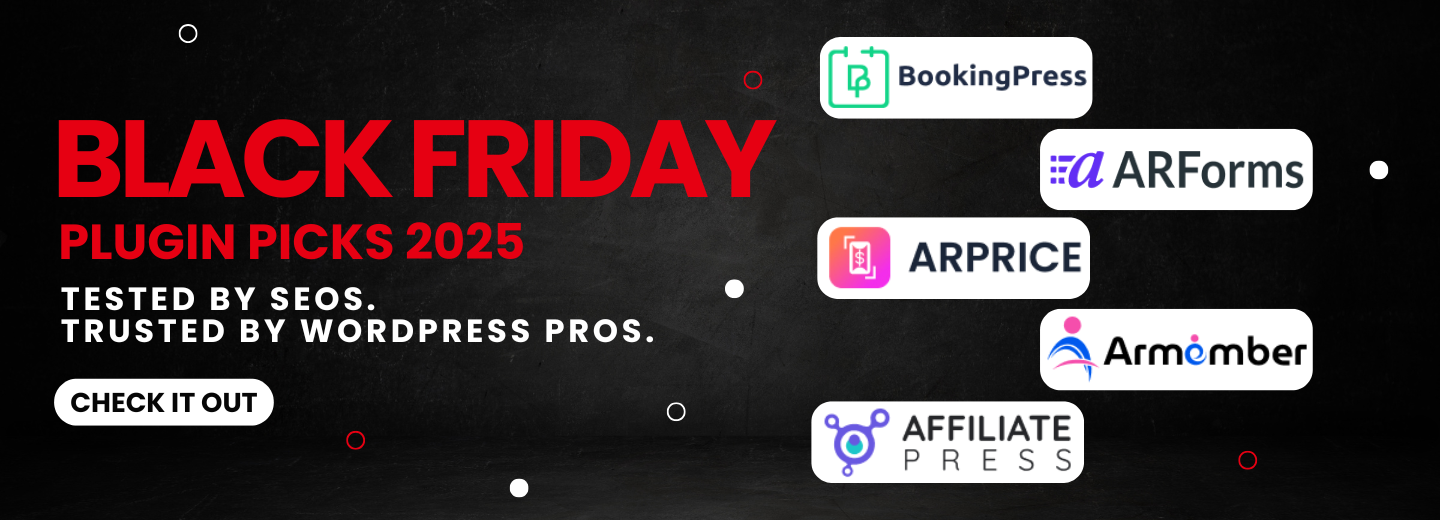When I first started working on eCommerce SEO, I did everything manually. From keyword research to product descriptions, every step felt like solving a new puzzle from scratch. It was fulfilling—but also exhausting. That’s when I started experimenting with eCommerce SEO tools.
Not to replace strategy—but to scale smarter. These tools didn’t just save time. They helped me think better, write sharper, and rank faster.
Today, I’m sharing 5 tools I use consistently to optimize listings across Amazon, Flipkart, Meesho, and WooCommerce stores. If you’re in the eCom space, these eCommerce SEO tools might just become your new best friends, too.
1. Google Keyword Planner: The Classic for Intent

Even today, I start most of my research here. Google Keyword Planner helps me:
- Understand search demand and trends
- Find variations of primary keywords
- Pick buyer-intent over just high-volume phrases
Whether I’m working on product titles or marketplace backend keywords, this tool gives me clarity.
2. ChatGPT (with Plugins): My AI Listing Assistant

I’ve used ChatGPT not just for idea generation—but for structured title drafts, rewriting descriptions, and even finding long-tail keyword gaps.
Combine it with plugins like SEO Core AI or browser-based extensions, and it becomes a powerhouse. The key? You still need to feed it smart prompts.
3. Flipkart/Amazon Autocomplete: Real Search Insights

This one might seem basic, but it’s a goldmine.
I spend a few minutes typing seed keywords in search bars and noting the autocomplete suggestions. These are the real phrases buyers use.
It helps me:
- Align with platform SEO algorithms
- Discover niche modifiers (like “men’s cotton casual shirt” vs. “men’s formal shirt”)
- Prioritize what shoppers are actually searching for
4. Canva & Glorify: Visuals That Support Search

SEO isn’t just about words. Great listings also have clean, keyword-aligned product images. I use:
- Canva for quick, brand-aligned creatives
- Glorify for more detailed product mockups and marketplace-friendly visuals
Both tools are easy to use and perfect for eCom founders and marketers alike.
5. AlsoAsked & AnswerThePublic: Deep Keyword Mining

When I want to build supporting content or FAQ sections for a product page, these tools help surface:
- Related questions buyers are asking
- Long-tail keywords I hadn’t thought of
- Structured content ideas for blogs, landing pages, or Amazon A+ content
Especially useful when scaling your content around a core product type.
The Real Trick? Strategy Over Software
I’ve tried more than 20 tools over time. But here’s what I’ve learned: eCommerce SEO Tools are only powerful when used with purpose.
Don’t collect data for the sake of it. Use these tools to build a sharper point-of-view. Combine machine suggestions with buyer behavior and you’ll craft listings that don’t just rank—but convert.
Whether you’re listing your first product or scaling your 100th SKU—these tools can give you a clear, strategic edge in the crowded world of eCommerce SEO.
—
🔁 Missed Previous Blogs?
👉 Check out my previous posts on eCommerce & Marketplace SEO: Click Here
📚 Looking for more insights?
Explore our growing library of blogs packed with practical tips, insights on marketing, design, web development, and more: Click Here
🔹Behind The Post?
Hey 👋 I’m Rajiv — The Organic Architect
eCommerce SEO & Web Strategist | ABN Junction
🔗 Let’s connect & grow: The Organic Architect















